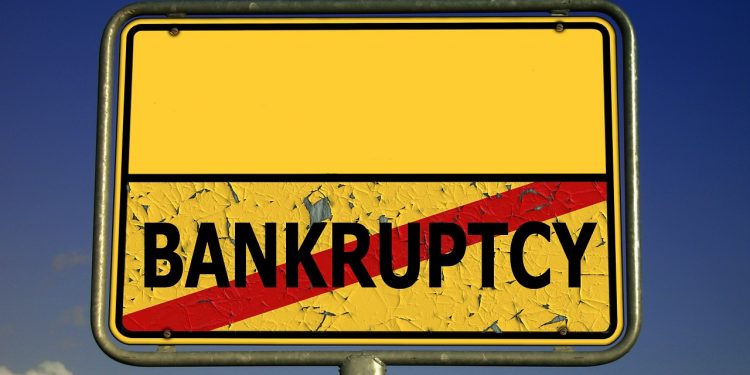The pandemic was a terrible reminder for many people that they are just a check away from ruin. But for many business owners who were confident about their solid foundation while going through the crisis, the deteriorating economy has also affected them.
After the pandemic, the reality of businesses getting shut down and jobs taken away from the employees was really harsh to gulp it down. Many businesses tried to sustain their business by asking their employees to work remotely but still ended up without customers.
All these examples highlight how fragile and interdependent the financial ecosystem is. While some employees were lucky enough to get a job and feed their families, there were many who were pushed down closer to bankruptcy.
How To Avoid Bankruptcy?
The pandemic has left millions struggling to make financial ends. This has impacted the families and has become one of the main sources of worry for the nations. Bankruptcy might be the last resort, but the debtors can avoid a pandemic.
For those who are still in the position of avoiding bankruptcy, the following tips might help you turn the tides.
1. Practice Budgeting
It is hard to decide what to pay and what not to pay when you are short on budget. Perhaps, this is the best time to outline a budget to avoid bankruptcy. Creating a budget might be a daunting task. This can be made easier if you start with your income.
Make a checklist of things that can be considered an income. Whether you have unemployment insurance, child support, paycheck, or items that can be sold off online, add them to the list.
Next, you need to look out for the expenses. Keep all the necessary things that you need for living and cut off all other expenses.
2. Unemployment Insurance
Unemployment insurance is a way to secure your life while you are unemployed. If you have not done so, apply for unemployment insurance immediately.
Unemployment insurance is similar to your health insurance; you pay a premium while you are working, and when you are out of work, you avail the services of unemployment insurance.
Federal extensions have made unemployment insurance a security net for the employees. However, once you have applied for the insurance, it takes a couple of weeks to start.
3. Reduce Expenses
Reducing unnecessary expenses is one of the easiest ways to improve your financial status. Make a list of things that you were doing in addition to necessary things. For instance, you can count dining out as an unnecessary expense and can stop doing that for the time being.
4. Utilize Government Assistance
Government issues stimulus checks are helpful for many. However, government help is not limited to stimulus checks only; there are other programs as well that cover student loans and temporary deferments.
In addition, the government has also issued the CARES act. According to this act, small business owners may be eligible for loans backed by the SBA. Cash flow assistance and debt repayments are a few programs that are operated under the CARES act.
5. Negotiate Obligation
When you find it hard to pay your debts on time, talking with the creditors is the most practical step to solve the problem. The CARES act also ensures that debtors’ credit scores do not plummet for a small period when they pay less than the normal payment. Working closely with the credit counselor helps the debtors lower their interest rate and payoff amount.
Work With Bankruptcy Attorney
If you are considering filing bankruptcy, despite your best effort to avoid one, turn to the best
Bankruptcy filing is complex and different for each individual. Your bankruptcy lawyer can evaluate the unique situation and guide you through the right financial decisions.













